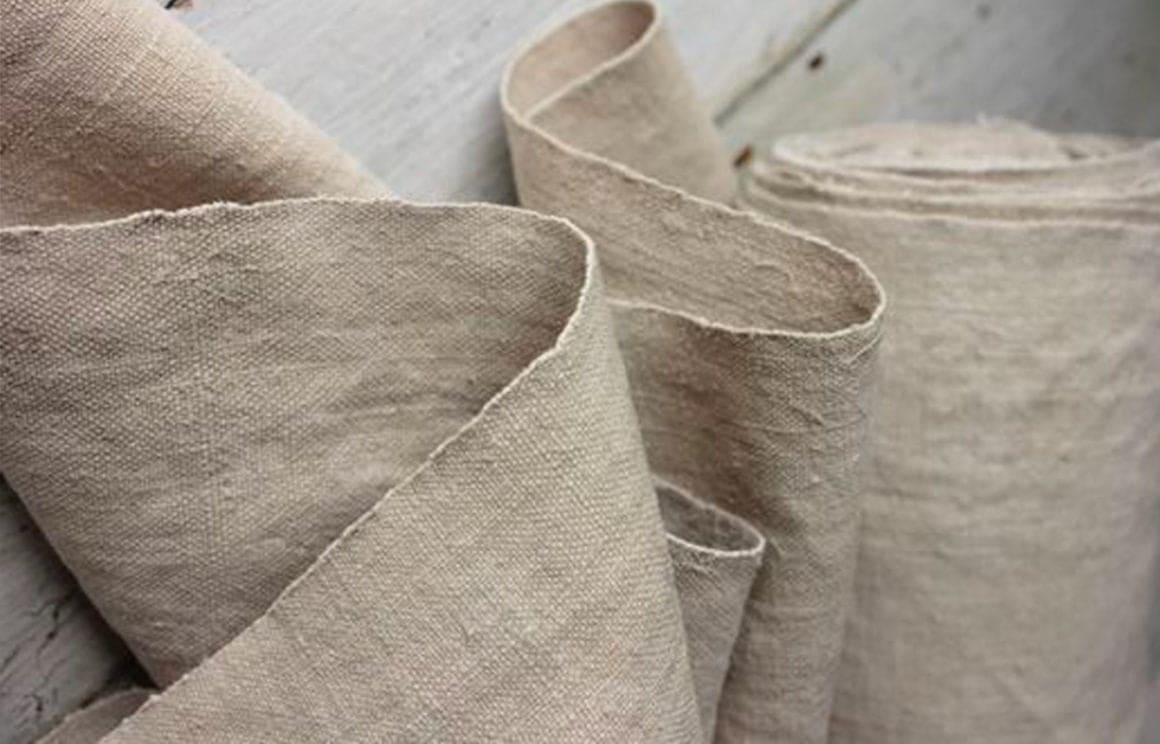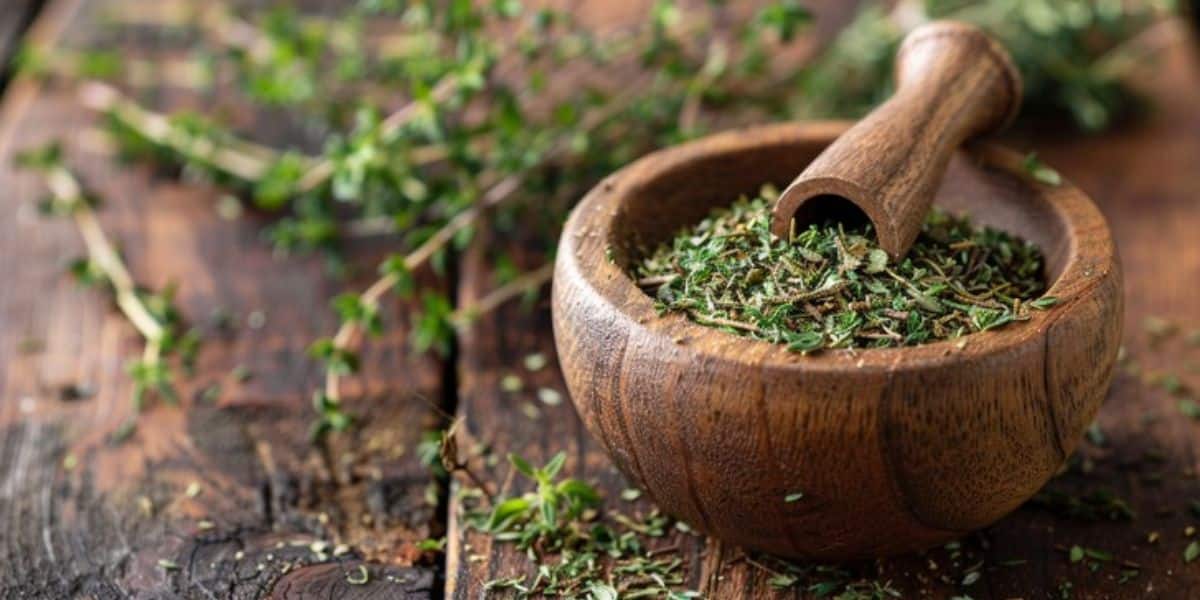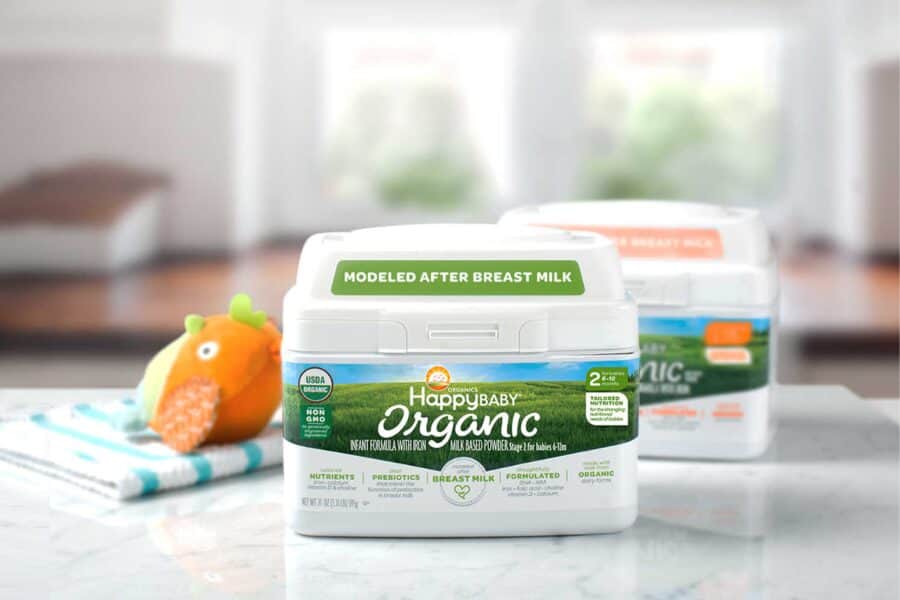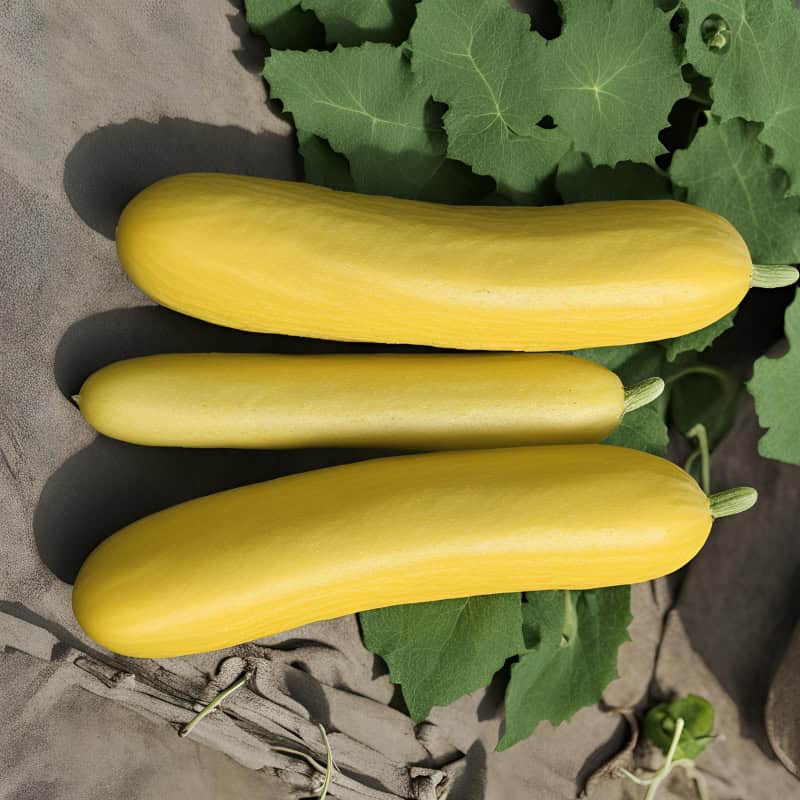Bell peppers are versatile and vibrant, a must-have ingredient in numerous culinary creations across the globe. Packed with nutrients, they are not just flavorful, but significantly beneficial to our health. However, a common question arises when these color-bursting veggies land in our kitchens – “How long do bell peppers last in the fridge?” The answer to this question, along with proper storage techniques, ensures that we can enjoy their crunch and taste to the fullest.
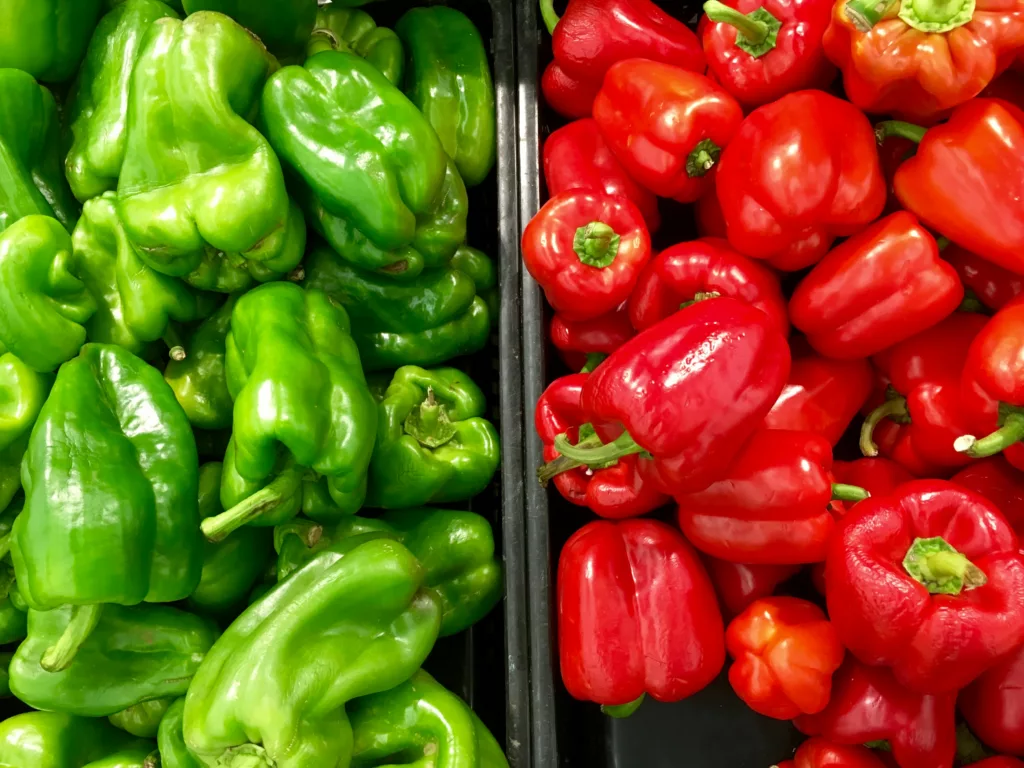
What Affects the Shelf Life of Bell Peppers?
The longevity of bell peppers is contingent on numerous variables. The maturity at the time of purchase, handling methods, and environmental conditions all play significant roles in determining their shelf life.
Fully ripe bell peppers, identifiable by their bright, glossy surface, usually have a shorter shelf life compared to those that are less mature. Despite their allure, these mature peppers need to be consumed quicker to avoid spoilage.
Handling the bell peppers also plays a part. Have you ever wondered why the produce section signs plead with you not to squeeze the vegetables? That’s because squeezing can bruise the peppers, damaging them, and accelerating the spoiling process.
Furthermore, bell peppers, like most vegetables, thrive in a cool, humid environment. This is why the refrigerator, mimicking these conditions, proves to be the best storage place.
The Shelf Life of Bell Peppers: Fresh and Refrigerated
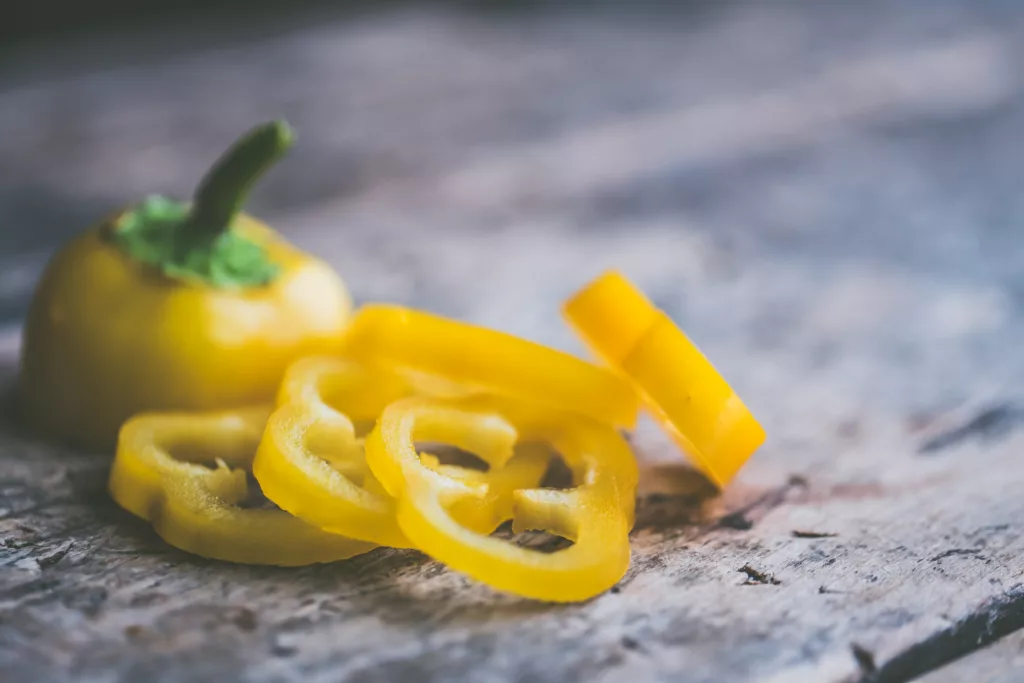
When kept at room temperature, bell peppers can stay fresh for about a week. However, under the appropriate refrigeration conditions, their life extends substantially, lasting up to two weeks or even longer. Keep in mind that these timelines fluctuate based on the peppers’ freshness at the time of purchase.
Shelf Life of Different Colored Bell Peppers
Interestingly, the shelf life of bell peppers also varies with their color. Green peppers, often harvested before they fully mature, tend to last longer – up to 2 weeks in the fridge. In contrast, yellow, orange, and red peppers, which are fully mature, have a shorter lifespan, typically around 1-1.5 weeks under refrigerated conditions.
Nutritional Benefits of Bell Peppers

Bell peppers are not just about taste and aesthetics; they offer a host of nutritional benefits. High in Vitamins A and C, they are fantastic antioxidants that boost immunity. Their high fiber content aids in digestion, while the presence of capsaicin can help in pain relief and inflammation. Regardless of color, all bell peppers offer these benefits, although red bell peppers usually contain more nutrients due to their extended ripening period on the vine.
How to Store Bell Peppers Properly in the Fridge
Storing bell peppers in the fridge is not a simple toss-and-forget procedure. Correct storage ensures that they remain fresh, crunchy, and flavorful.
Resist washing the bell peppers before storing them, as moisture encourages mold growth.
Place the peppers in a perforated plastic bag, allowing air circulation.
Store them in the vegetable crisper drawer of your fridge, designed to maintain the ideal conditions for veggies.
Signs of a Spoiled Bell Pepper
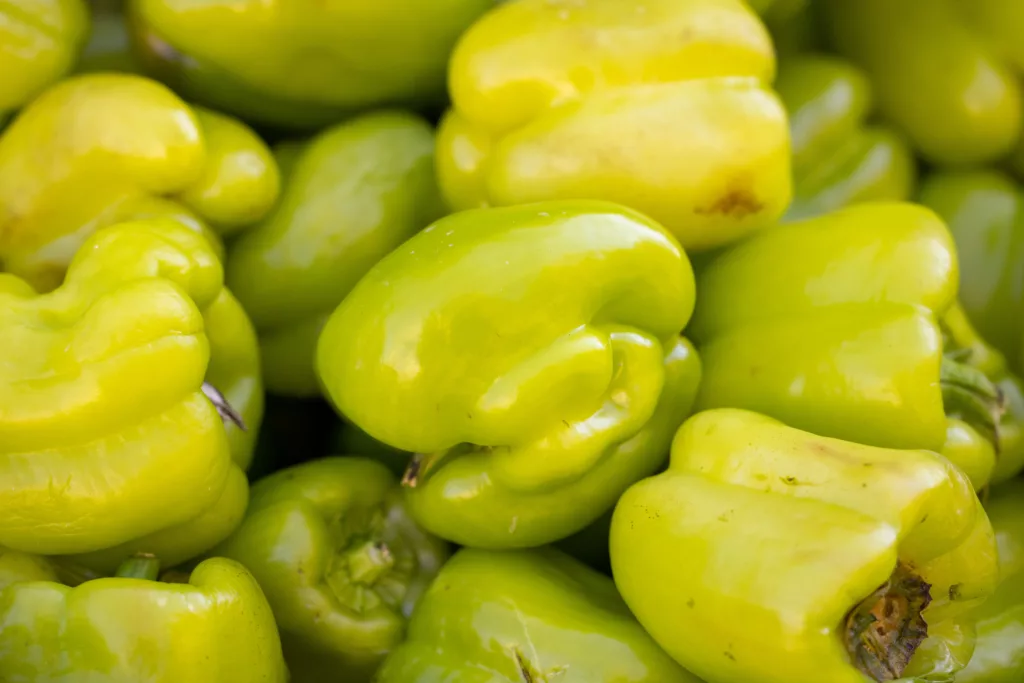
Knowing when a bell pepper is past its prime can save your dish and possibly your health. Here’s what to look out for:
- Visual Changes: Discoloration or dark spots on the surface usually indicate the onset of spoilage.
- Texture Changes: A soft, wrinkled, or slimy texture suggests the bell pepper is no longer good.
- Odor: An off-putting smell is a surefire sign of spoilage.
Tips to Extend the Shelf Life of Bell Peppers
To enjoy your bell peppers even longer, consider these preservation tips:
Freezing: Bell peppers can be frozen for up to a year. Before freezing, wash, seed, cut into desired sizes, and place them in a freezer bag.
Blanching: Briefly dipping the bell peppers in boiling water before freezing can help retain their color and flavor for a longer period.
Preserving Bell Peppers: Pickling and Roasting
To truly extend the life of your bell peppers, pickling, and roasting are excellent methods:
Pickling: This method involves submerging the bell peppers in a solution of vinegar, water, and salt, sometimes with added sugar or spices for flavor. Pickled peppers can last for several months in the fridge.
Roasting: Roasted and then stored in oil, bell peppers can be preserved for up to two weeks in the refrigerator. Remember to always use a clean utensil when serving to prevent contamination.
Conclusion
In conclusion, understanding how long bell peppers last in the fridge and employing correct storage methods can help us relish the fresh, delicious, and nutritious bell peppers whenever we want. These practices also significantly contribute to reducing food waste, ensuring we are nurturing better sustainability habits at home. A well-preserved bell pepper is not just a delightful ingredient, but also a powerhouse of nutrients. Enjoy them to the fullest!
Explore our food blogs for more insights on vegan foods and sustainable food habits – indulge in delicious recipes and learn how to nourish yourself and the planet!




